
Embedded system using c programming
Internship 2025
Learn C programming essentials including data types, variables, operators, functions, and loops. Explore pointers, bitwise operations, and qualifiers like volatile and const. Understand structures, unions, and bit fields, along with arrays, strings, and pre-processor directives for embedded systems.
1/ 2 Months
Online
8+ Live Projects
Dual Certification
Ultimate Step towards your Career Goals: Expert in Embedded C
Master C programming with concepts like variables, functions, loops, pointers, bitwise operations, structures, and unions, alongside embedded system-specific topics like memory management, arrays, strings, and pre-processor directives.
Internship Benifits
Mentorship
Receive guidance and insights from industry experts.
Hands-on Experience
Gain practical skills in a real-world cutting-edge projects.
Networking
Connect with professionals and peers in your field.
Skill Development
Enhance your technical and soft skills.
Career Advancement
Boost your resume with valuable experience.
Certificate
Get a certification to showcase your achievements.
Embedded C Internship Overview
Data Types and Variables
- Overview of basic data types in C (int, char, float, etc.).
- Understanding variable declaration and initialization in embedded systems.
Your First C Program
- Writing a basic “Hello, World!” program.
- Compiling and running the program on an embedded system.
Address Variables and Storage Classes
- Explanation of variable addresses in memory and pointers.
- Understanding storage classes (auto,static,extern,and register) and their scope.
Functions
- Defining and calling functions in C.
- Understanding function prototypes, return values, and passing arguments.
Operators
- Overview of different operators in C: arithmetic, relational, logical, and assignment operators.
- Using operators effectively in embedded code for hardware control.
Build Process and Analyzing Embedded C Code
- Understanding the build process (preprocessing, compiling, linking).
- Analyzing the generated machine code and debugging embedded C programs.
Floating Point
- Introduction to floating-point data types and their usage in embedded systems.
- Performance considerations of floating-point operations in embedded systems with limited resources.
Data Pointers
- Explanation of pointers, pointer arithmetic, and how to use pointers to access memory locations.
- Using pointers for efficient memory management in embedded systems.
Decision Making and Loops
- Implementing decision-making structures (if,else,switch) for logic flow.
- Using loops (for, while, do-while) for repetitive tasks in embedded applications
Bitwise Operators
- Using bitwise operators (AND , OR ,XOR,NOT) for manipulating individual bits in embedded systems.
- Practical applications in hardware control and low-level programming.
Bitwise Shift Operators
- Explanation of left and right shift operators for bit manipulation.
- Efficient use in embedded systems to perform fast calculations and data transmission.
Looping
- Optimization of loops for performance and memory efficiency in embedded code.
- Using loop unrolling and other techniques for improving real-time system performance.
Type Qualifier ‘Const’
- The const keyword in C and its usage to define read-only variables.
- Protecting critical values from accidental modification in embedded systems.
Pin-read and Optimization
- Efficiently reading GPIO pins and optimizing pin read operations for embedded systems.
- Managing pin states for real-time response in hardware interfaces.
volatile Type Qualifier
- Understanding the volatile keyword and its importance in embedded systems for handling variables that may change unexpectedly (e.g., hardware registers, interrupt service routines).
Structures and Bitfields
- Defining and using structures for grouping related data.
- Using bitfields for packing multiple variables in a compact format, ideal for hardware-level programming.
Unions
- Introduction to unions in C, where different data types share the same memory space.
- Use cases in embedded systems for saving memory by reusing space for multiple data types.
Usage of Bitfield in Embedded Code
- Practical examples of bitfields in embedded code, especially for controlling hardware registers.
- Memory-efficient design for device configurations using bitfields.
Keypad Interfacing
- Interfacing a matrix keypad with a microcontroller using GPIO pins.
- Reading keypress events and decoding inputs in embedded C.
Arrays
- Defining and using arrays in embedded systems.
- Memory considerations and optimizations when working with large arrays.
Strings
- String manipulation in C, using arrays of characters.
- Optimizing memory when handling strings in embedded systems with limited resources.
Pre-Processor Directives in C
- Introduction to pre-processor directives (#define,#include,#if,#endif, etc.).
- Using macros for hardware abstraction, conditional compilation, and optimizing code for different platforms.
Looking for in-depth Syllabus Information? Explore your endless possibilities in Embedded C with our Brochure!
share this detailed brochure with your friends! Spread the word and help them discover the amazing opportunities awaiting them.
Project Submission: Example Output Screenshots from Our Clients
Take a look at these sample outputs crafted by our clients. These screenshots showcase the impressive results achieved through our courses and projects. Be inspired by their work and visualize what you can create!













Dual Certification: Internship Completion & Participation
Earn prestigious Dual Certification upon successful completion of our internship program. This recognition validates both your participation and the skills you have honed during the internship
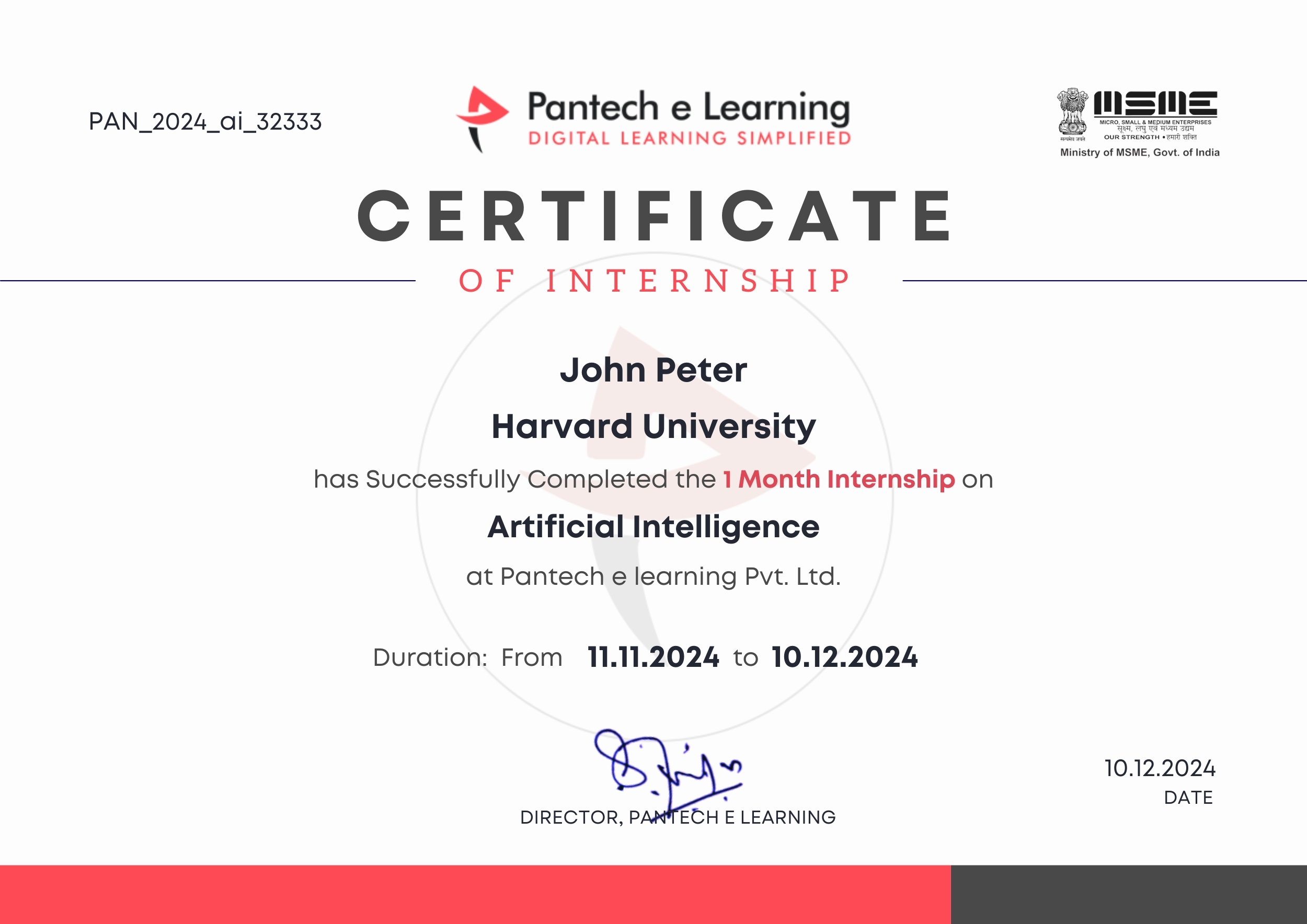
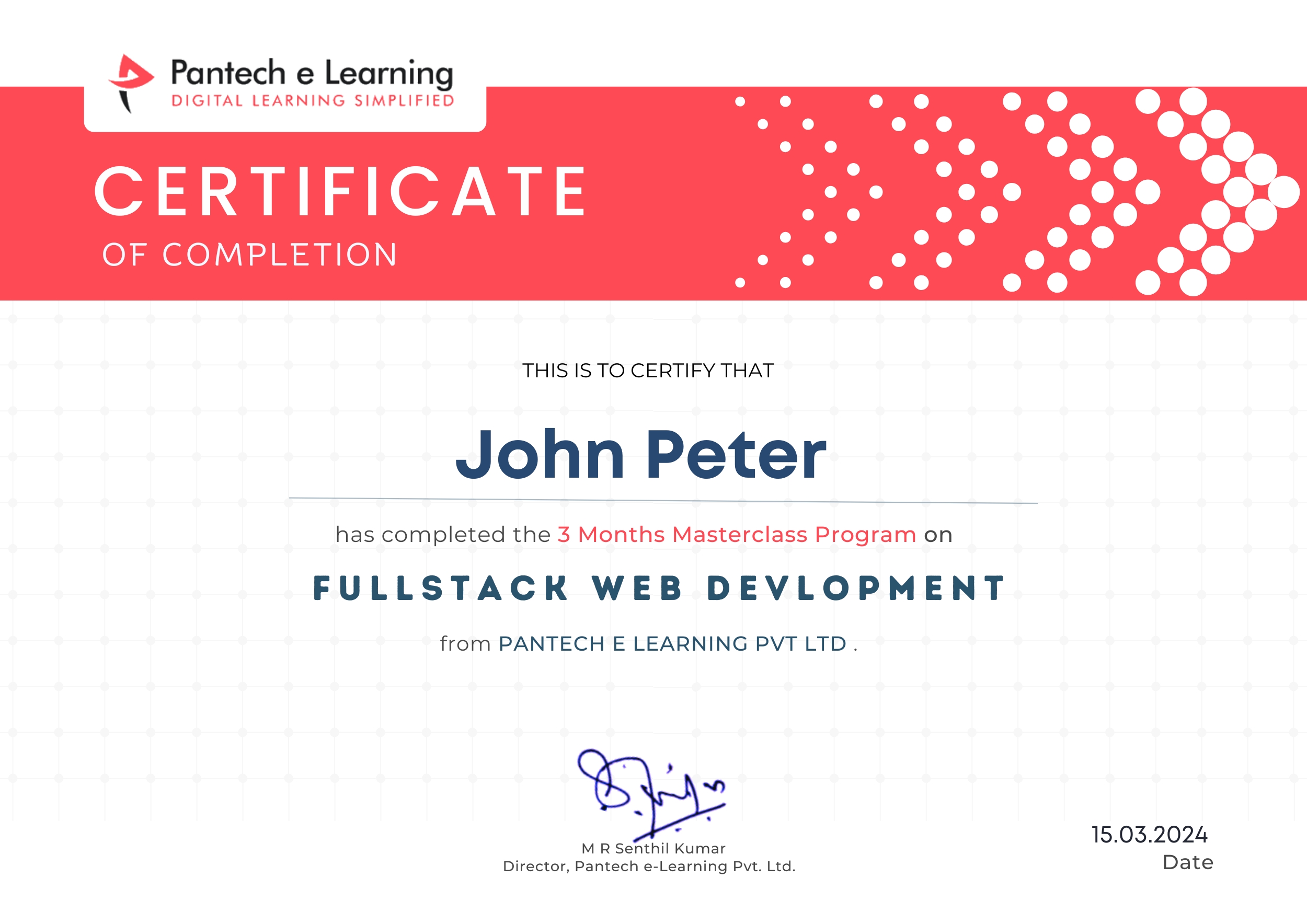
How does this Internship Program Work?
Step 1 Enroll in the Program
- Get a Mentor Assigned
- Presentations & Practice Codes
- Learn at your Flexible Time
- Apprehend the concepts
Step 2 Project Development
- Implement Skills Learn
- Develop Projects with assistance
- Get Codes for Reference
- Visualise the Concepts
Step 3 Get Certified
- Certificate of Internship
- Project Completion Certificate
- Share on social media
- Get Job Notifications
Choose Your Plan fit your needs
Master the Latest Industrial Skills. Select a technology domain & kick off your Internship immediately.
1 Month
₹1999/-
₹999/-
- Internship Acceptance Letter
- 90 Days from the date of payment
- 4 LIVE intractive Mastermind Sessions
- 4+ Capstone Projects & Codes
- Full Roadmap
- Internship Report
- 1 Month Internship Certificate
2 Month
₹3299/-
₹1899/-
- Internship Acceptance Letter
- 180 Days from the date of payment
- 4 LIVE interactive Mastermind Sessions
- 12+ Capstone Projects & Codes
- Full Roadmap
- Internship Report
- Participation Certificate
- 2 Month Internship Certificate
Our Learners Work at
Curious where our graduates make their mark? Our students go on to excel in leading tech companies, innovative startups, and prestigious research institutions. Their advanced skills and hands-on experience make them highly sought-after professionals in the industry.
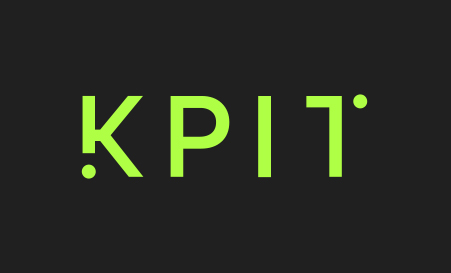
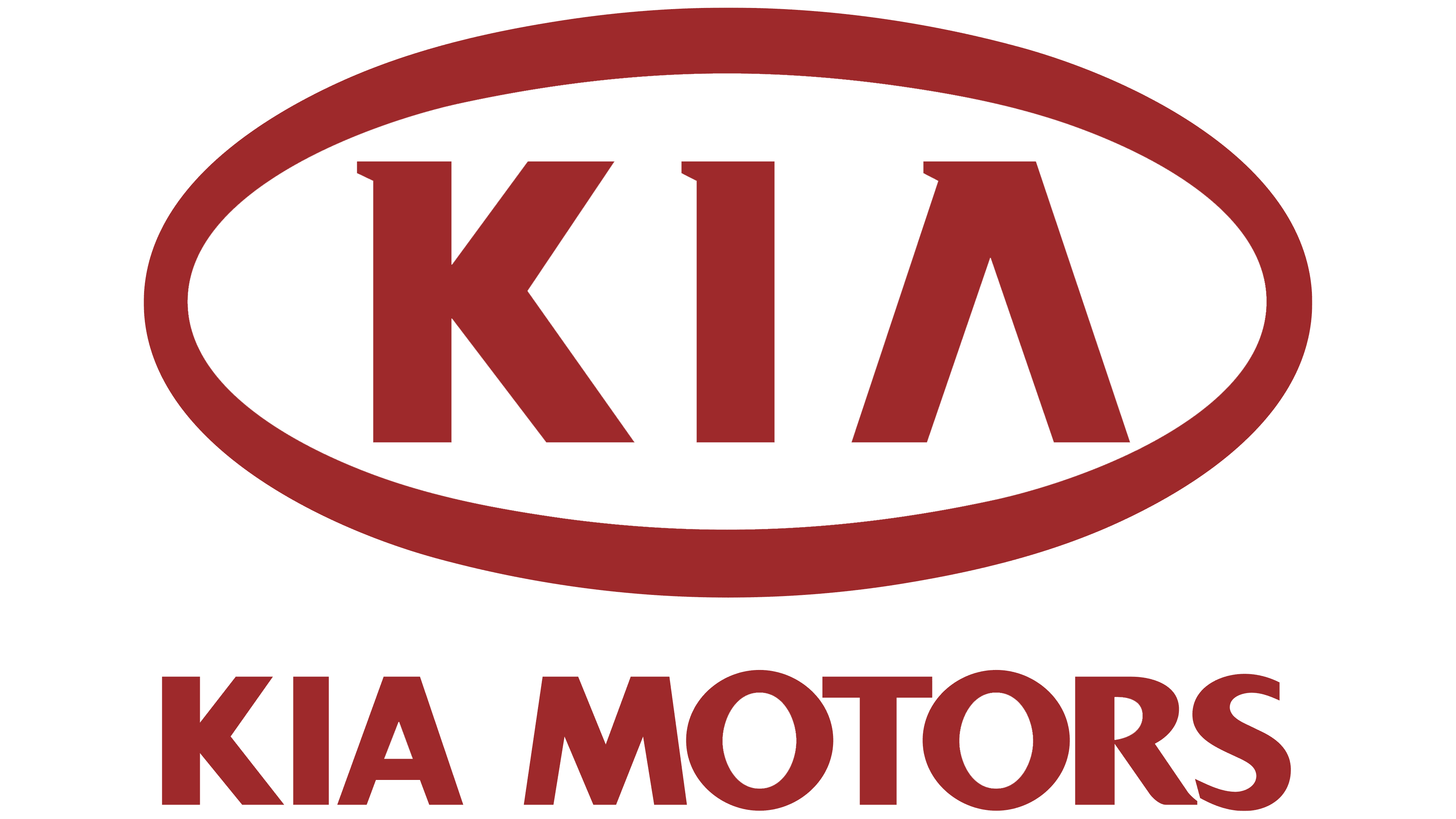
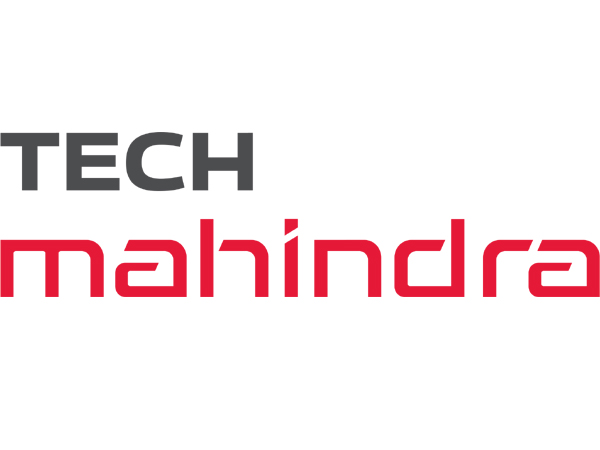



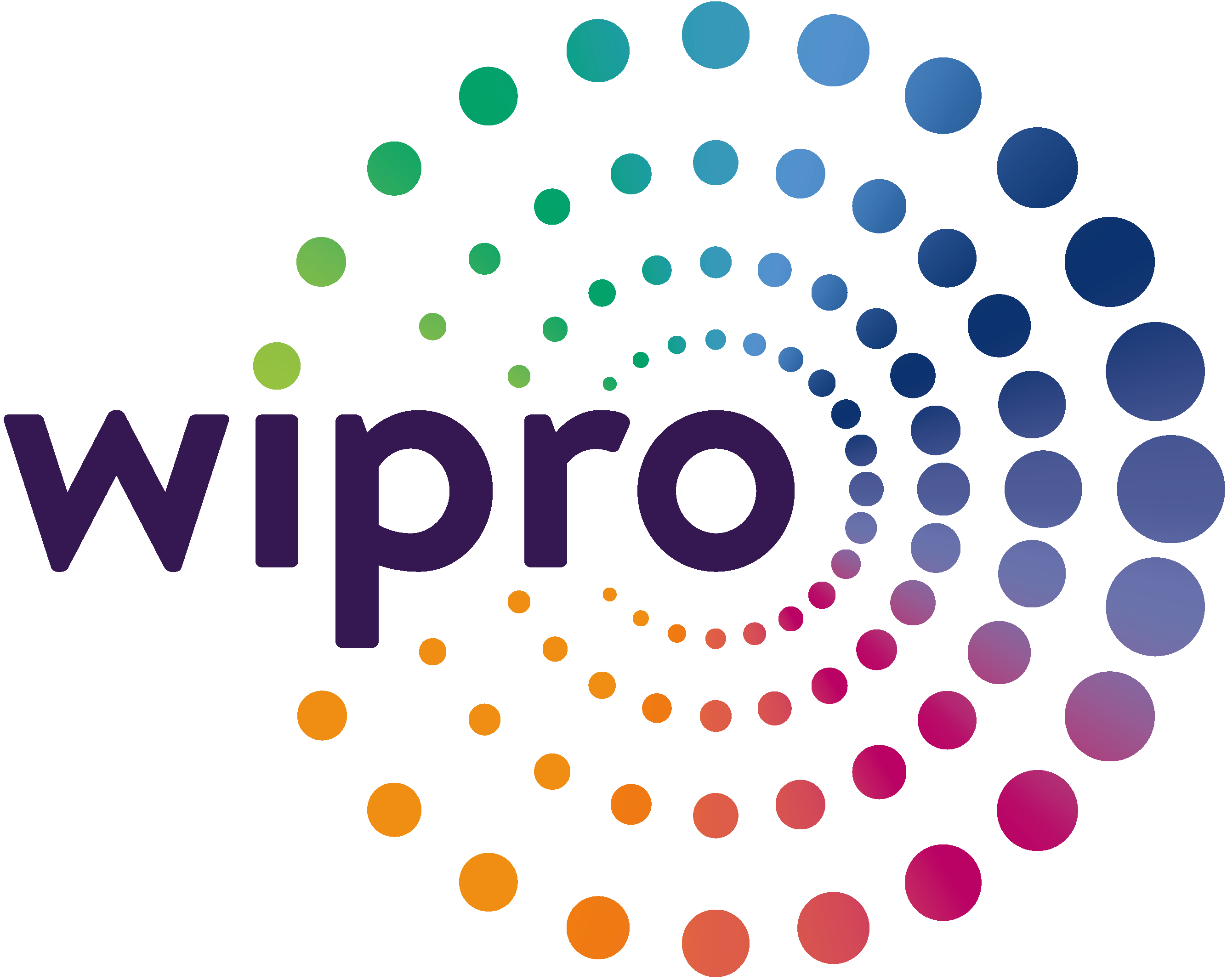


EXCELLENTTrustindex verifies that the original source of the review is Google. I recently completed my Python internship under the guidance of Mentor poongodi mam We learnt so many new things that developed my knowledge.this experience is good to learnTrustindex verifies that the original source of the review is Google. I completed my python internship guidance of mentor poongodi mam. She thought us in friendly qayTrustindex verifies that the original source of the review is Google. Poongodi mam done very well She took the class very well When we ask any doubt without getting bored she will explain,we learned so much from mam,marvelousTrustindex verifies that the original source of the review is Google. I have handled by poongodi mam.domain python intership...was goodTrustindex verifies that the original source of the review is Google. I recently completed Python internship under the guidance of poongodi mam who excelled in explaining concepts in an easily understandable wayTrustindex verifies that the original source of the review is Google. Fantastic class we were attended..we got nice experience from this class..thank you for teaching python mam...Trustindex verifies that the original source of the review is Google. -The course content was well-structured - I gained valuable insights into microcontrollers, sensors, and programming languages- The workshop was informative, interactive, and challenging, pushing me to think creatively. Ms Jimna our instructor her guidance and feedback helped me overcome obstacles and improve my skills.Trustindex verifies that the original source of the review is Google. The learning experience was really worth since more than gaining just the knowledge all of the inputs were given in a friendly and sportive manner which then made it a good place to learn something with a free mindset... 👍🏻Trustindex verifies that the original source of the review is Google. I recently completed my full stack python intership under the guidance of mentor Gowtham,who excelled in explaining concepts in an easily understand mannerTrustindex verifies that the original source of the review is Google. Gowtham-very interesting class and I learning so many things in full stack python development and I complete my internship in Pantech e learning and it is useful for my career
FAQ
What are data types and variables in C?
In C, data types define the type of data a variable can store (e.g.,int,float,char, etc.). Variables are memory locations that store data. For example, int num=5 creates an integer variable num with a value of 5.
How do you write your first C program?
The first C program is typically the “Hello World” program. It prints a message to the screen.
#include <stdio.h>
int main() {
printf(“Hello, World!\n”);
return 0;
}
What is the difference between const and volatile qualifiers?
- const: Indicates that the value of the variable cannot be changed after initialization.
- volatile: Tells the compiler that the value of the variable can change at any time (e.g., hardware registers or variables in interrupt routines), so optimizations involving this variable should be avoided.
How do I interface a keypad in C?
A keypad is typically interfaced using GPIO pins in matrix format. The microcontroller scans the rows and columns to detect key presses. Example code can involve setting the rows as outputs and columns as inputs, then checking for a low signal when a key is pressed.
What is the purpose of pin-read and optimization in embedded systems?
Pin-read optimization refers to improving the performance of reading inputs from GPIO pins by reducing unnecessary operations. This can involve using direct register manipulation or minimizing delays.
How can I build an optimized embedded C code?
Optimizing embedded C code often involves reducing memory usage, minimizing CPU cycles, and using efficient algorithms. Some strategies include:
- Using volatile for hardware registers
- Avoiding unnecessary function calls
- Using bit fields and bitwise operations for compact data representation
- Minimizing memory allocation on the heap
Start Your Tech Journey Today
Sign Up for Exclusive Resources and Courses Tailored to Your Goals!
© 2025 pantechelearning.cog

